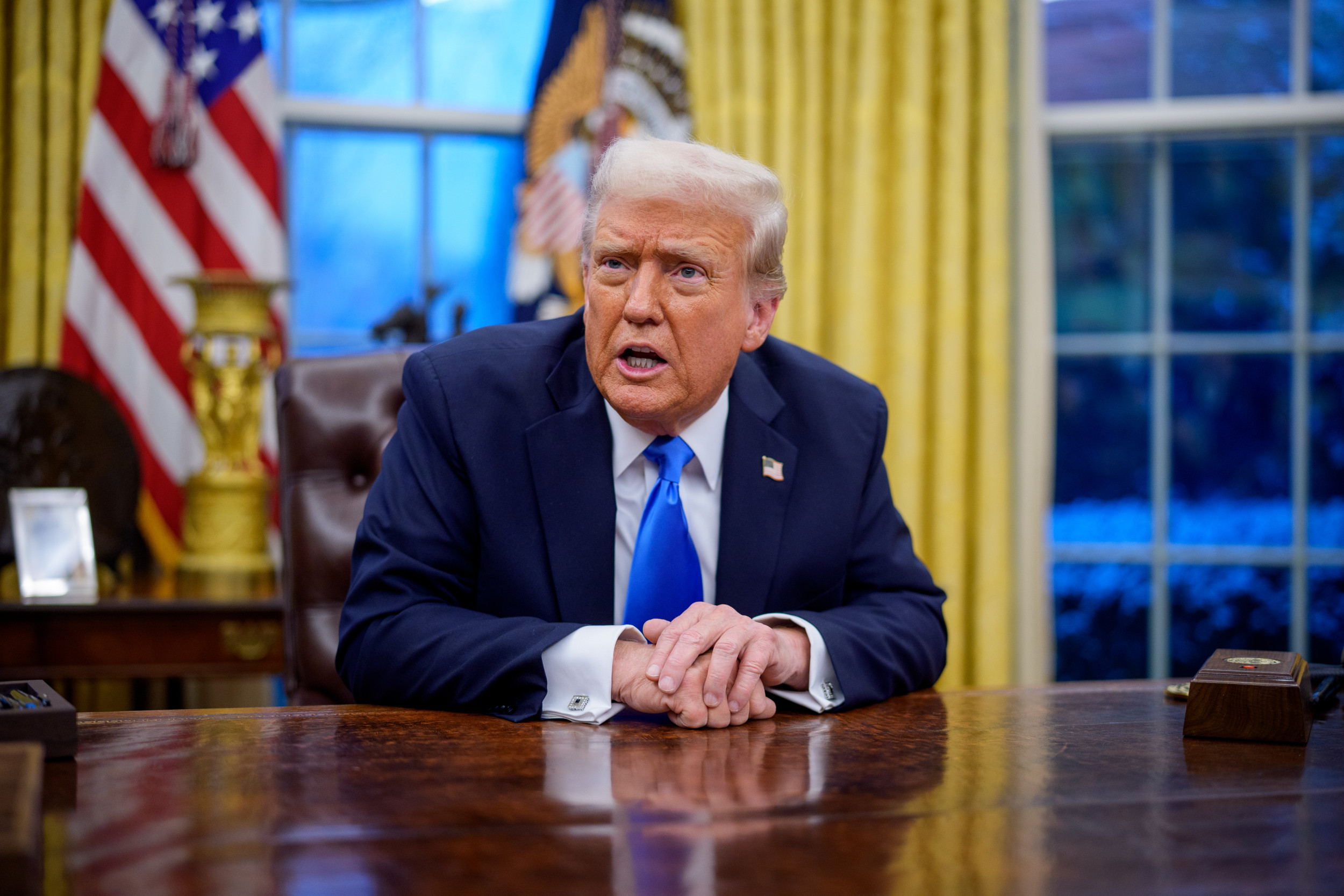President Donald Trump’s new Department of Government Efficiency (DOGE), aimed at reducing federal costs, has sparked discussions among Americans about the possibility of receiving a stimulus check from the savings generated. DOGE, led by Tesla billionaire Elon Musk, has proposed significant layoffs in the federal government to eliminate $2 trillion annually from major U.S. agencies’ budgets. Since Americans have not received widespread stimulus checks since 2021, some are hopeful that DOGE’s cost-cutting measures could lead to further direct payments.
Online, Americans have been advocating for DOGE to issue stimulus checks, with one popular TikTok suggesting taxpayers might receive up to $8,000 due to federal cuts. Azoria investment firm CEO James Fishback also suggested on X that savings from DOGE should be returned to taxpayers as a ‘DOGE Dividend.’ He stated, “American taxpayers deserve a ‘DOGE Dividend’: 20% of the money that DOGE saves should be sent back to hard-working Americans as a tax refund check. It was their money in the first place! At $2 trillion in DOGE savings and 78 million tax-paying households, this is a $5,000 refund per household, with the remaining used to pay down the national debt.”
As of Tuesday, according to the DOGE live tracker, $55 billion has been saved due to Musk’s recommended cuts. The most substantial reductions have targeted the federal workforce, particularly agencies like the United States Agency for International Development, which saw its funding reduced by $420.14 million. Other major cuts are planned for the Food and Drug Administration, National Institutes of Health, and the Centers for Disease Control and Prevention. Musk also expressed intentions to reduce fraud in Social Security.
Despite these discussions, there has been no indication that DOGE’s cuts will result in refund checks for Americans. The targeted $2 trillion in yearly savings is likely to be used to reduce the national debt and support future tax cuts.
Alex Beene, financial literacy instructor for the University of Tennessee at Martin, noted that while a future stimulus check isn’t impossible, the odds are low given the government’s existing debt and lack of a pandemic-level emergency. Kevin Thompson, finance expert and founder/CEO of 9i Capital, echoed this sentiment, stating that additional stimulus checks would not be beneficial for the economy. Michael Ryan, finance expert and founder of MichaelRyanMoney.com, compared DOGE’s savings to catching billing errors, emphasizing that it means borrowing slightly less, not having extra cash.
Looking ahead, Thompson indicated that the Trump administration is focused on reducing spending rather than increasing it through stimulus checks. Any budget adjustments are likely to come through extending the Tax Cuts and Jobs Act (TCJA), potentially using savings to offset future liabilities.
— news from Newsweek
